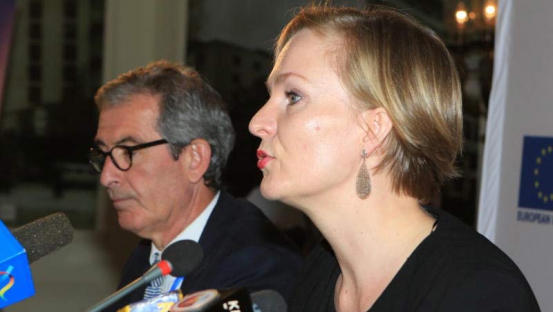×
The Standard e-Paper
Smart Minds Choose Us

With just over three weeks to the elections, observer groups have sounded the alarm over the possibility of violence during or after the August 8 polls.
The Kenya Police, the European Union Observer Mission as well as the National Commission for Integration and Cohesion (NCIC) have all pointed towards this possibility as political temperatures peak.